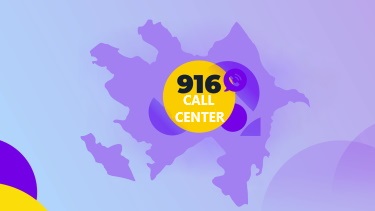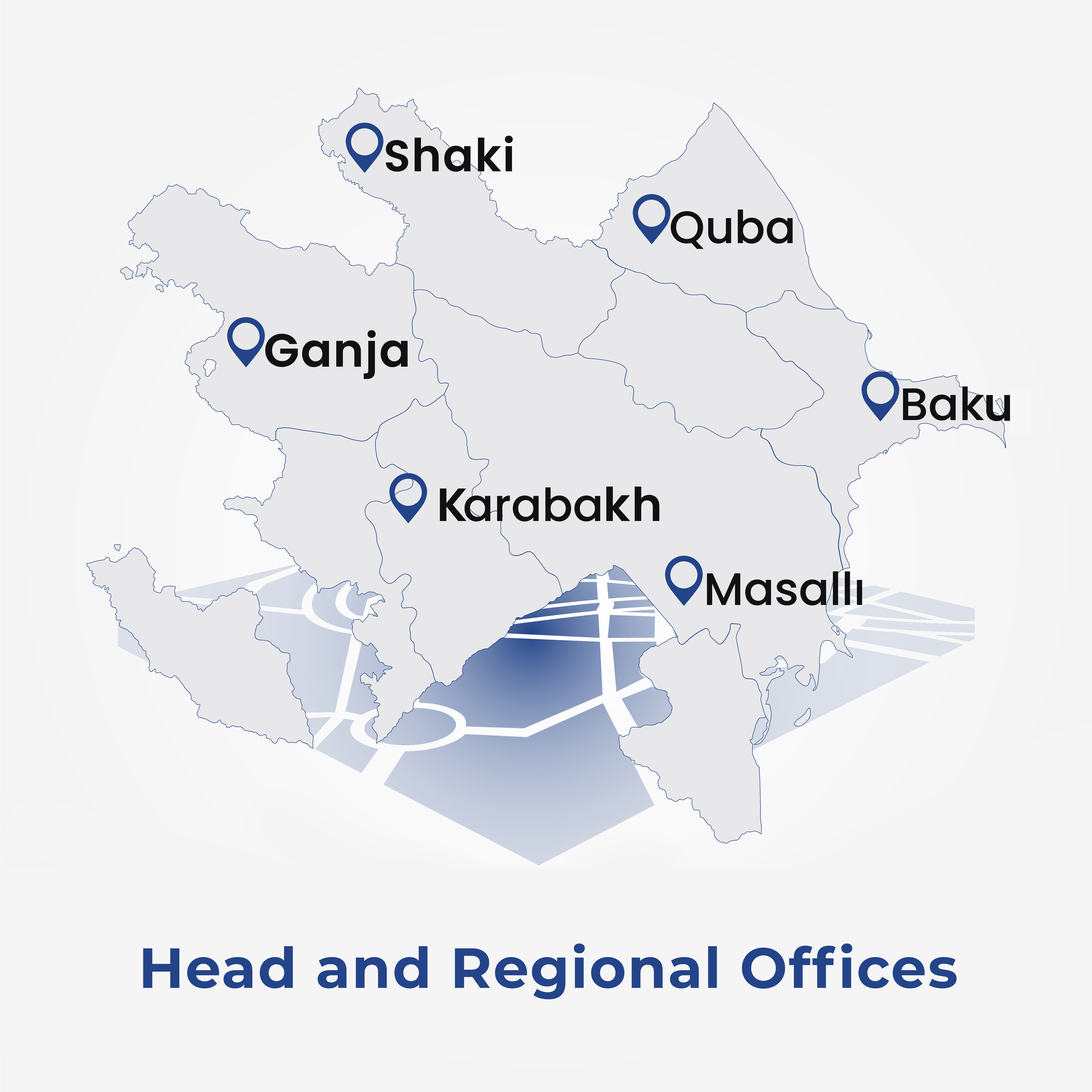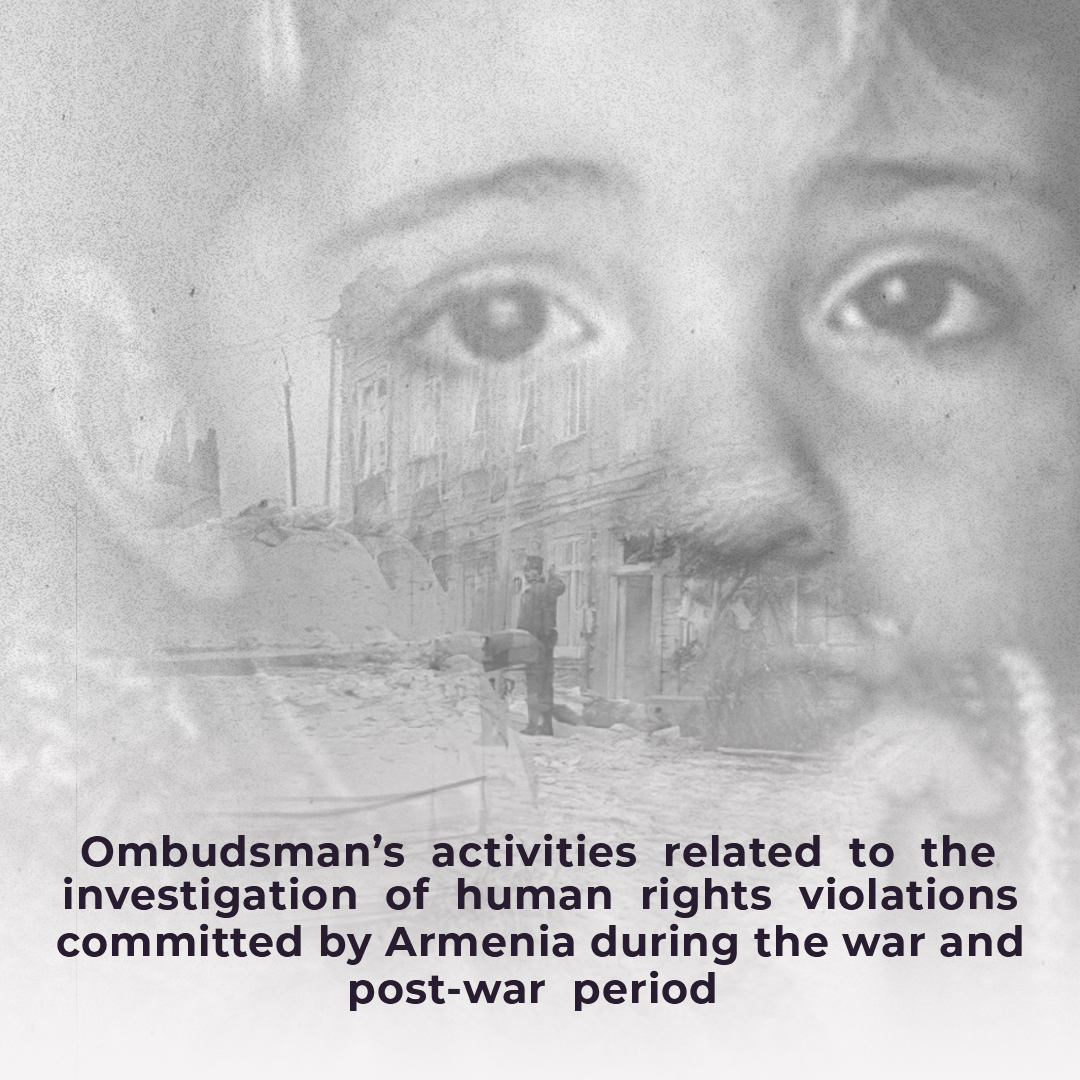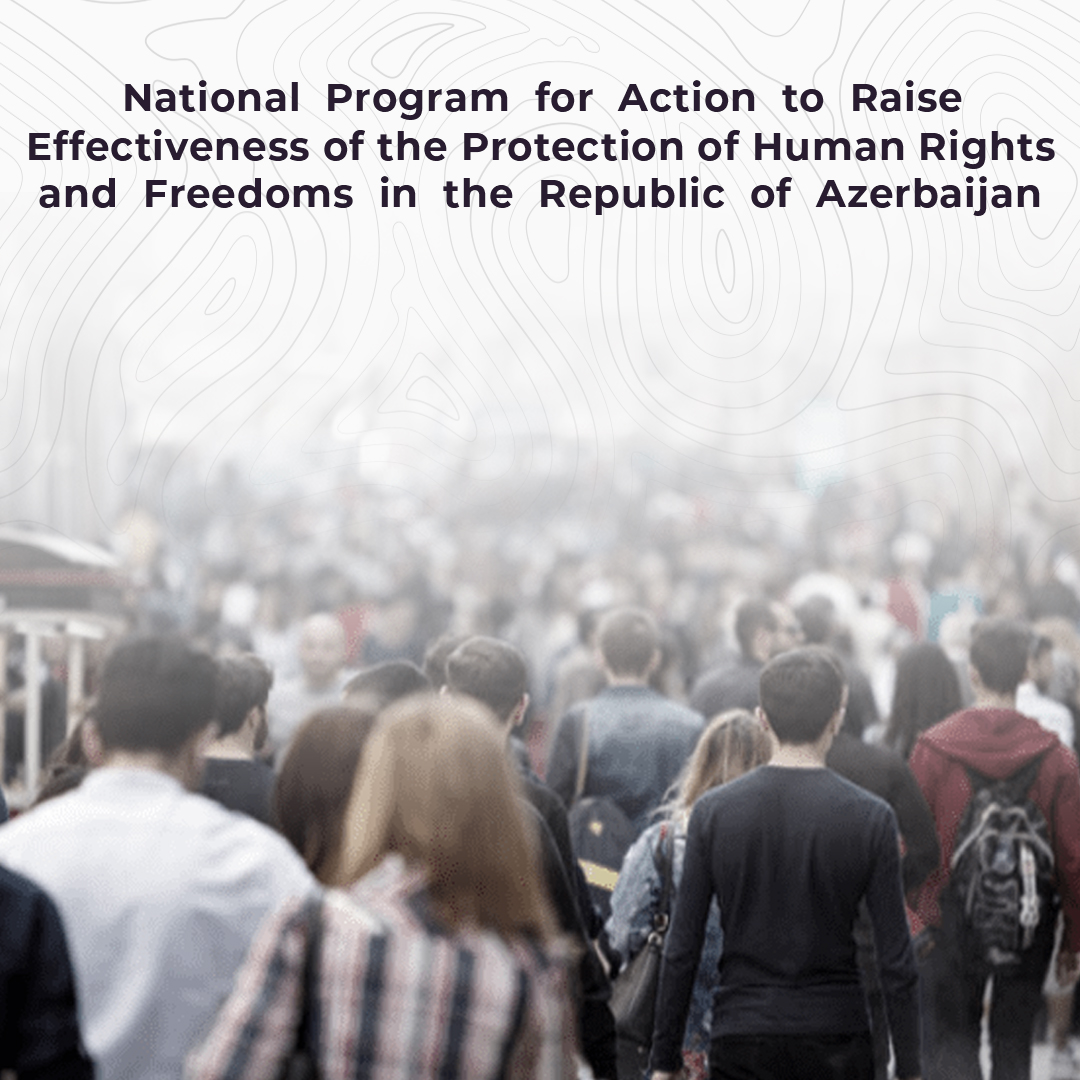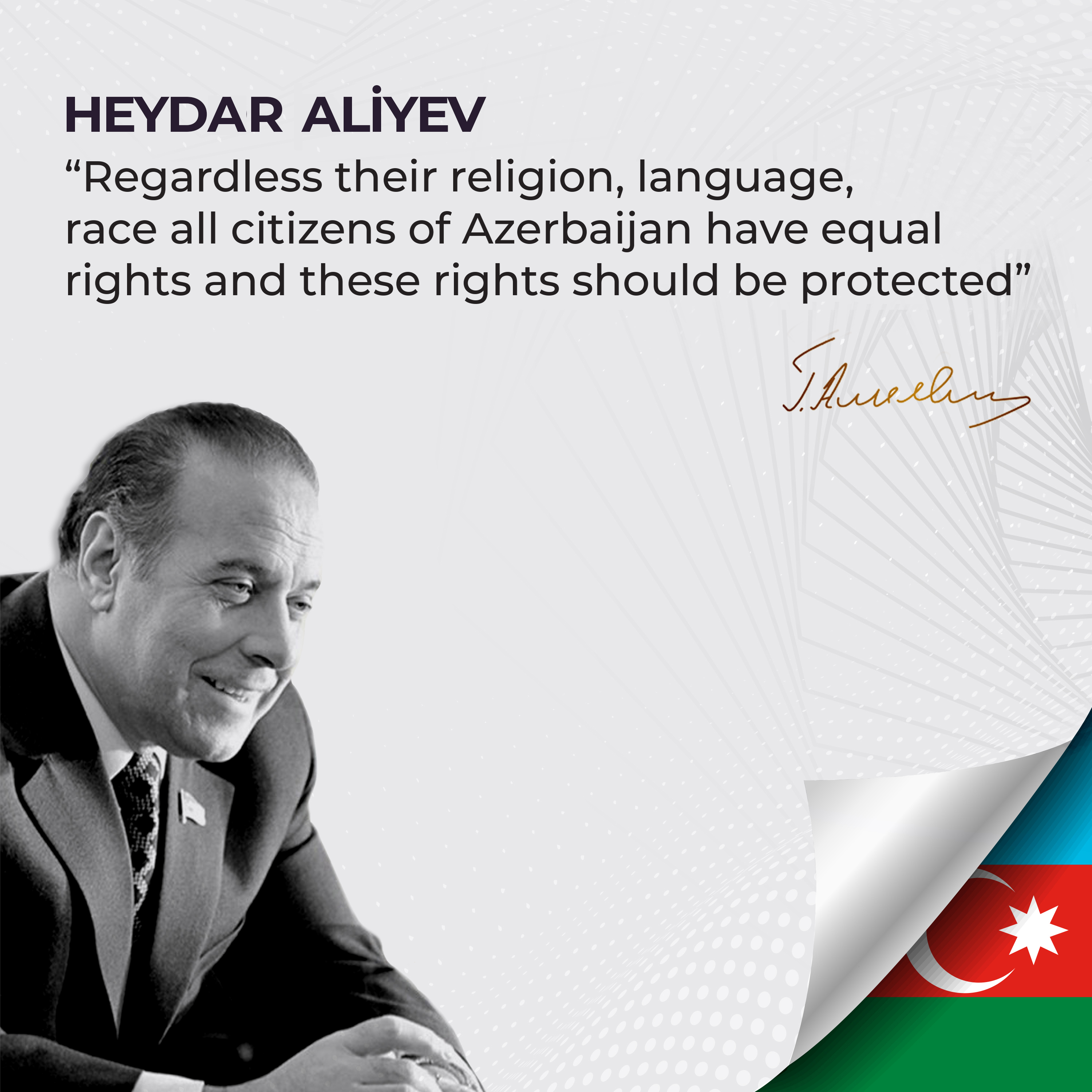
- Home page
- Commissioner
-
Activity Directions
- Mental Health and Human Rights
- Protection of the Rights of Population Groups
- Protection of the Right to Information
- Independent Monitoring Mechanism
- Legal Education
-
International Cooperation
- Cooperation with international organizations
- Cooperation with non-governmental organizations
- Study visits
- Projects
- Statements addressed to the international organizations
- “Ad hoc” reports
- Parallel and alternative reports submitted to the UN Treaty Bodies
- Oral and written statements submitted to the UN Human Rights Council
- Memorandums of cooperation
- Baku Declarations of Ombudspersons
- International Baku Forum
- Scientific Analytical Work
- Cooperation with Public and Civil Society Organizations
- Business and Human Rights
- National Preventive Mechanism Against Torture
- Protection of Human Rights
- Documents
- Media
- Live
- Contact
- Home page
- Commissioner
-
Activity Directions
- Mental Health and Human Rights
- Protection of the Rights of Population Groups
- Protection of the Right to Information
- Independent Monitoring Mechanism
- Legal Education
-
International Cooperation
- Cooperation with international organizations
- Cooperation with non-governmental organizations
- Study visits
- Projects
- Statements addressed to the international organizations
- “Ad hoc” reports
- Parallel and alternative reports submitted to the UN Treaty Bodies
- Oral and written statements submitted to the UN Human Rights Council
- Memorandums of cooperation
- Baku Declarations of Ombudspersons
- International Baku Forum
- Scientific Analytical Work
- Cooperation with Public and Civil Society Organizations
- Business and Human Rights
- National Preventive Mechanism Against Torture
- Protection of Human Rights
- Documents
- Media
- Live
- Contact
Call center
916
Representative of the Ombudsman Office took part in an international webinar on inclusive education
An international webinar titled “Inclusive higher education 3W: What should we know? What should we do? What can we do?” was held on the occasion of 90th anniversary of Azerbaijan State University of Economics (UNEC) and the 5th anniversary of the UNEC Inclusive Education Center.
During the webinar moderated by the coordinator of the UNEC Inclusive Education Center, Sevinj Masimova, the speeches were delivered the Head of Department on Education and Social Policy at the University of Macedonia, associate professor Lefkothea Kartasidou, the Founder and President of Global Disability Foundation of Turkey, Necdet Öztürk, a specialist on the inclusive education for the project implemented by “Regional Development” Public Union of Heydar Aliyev Foundation, Farid Suleymanov, the coordinator of Khazar University Psychology department, director of “Psychological Care Center”, Malak Karimova, the director of UNEC 24/7 Library, librarian specialist in inclusive education, Arzu Mammadova, the UNEC Chair of Digital Economy and ICT associate professor, Tarana Aliyeva .
The webinar brought together the representatives from universities of Russia and Turkey, also Lankaran, Ganja, Mingachevir State Universities, Khazar University, as well as staff members of state bodies and NGOs. Mugalib Mahmudov, Head of Legal Education Sector, represented the Ombudsman Office of Azerbaijan. Main topics in the webinar included “What is inclusive education?”, “Types of disability (nosologies)”, “How to organize inclusive education?”, “Challenges and their solution in inclusive education”, “Digital technologies applied in inclusive education”, “Organization of library services in inclusive education” and so on.
The representative of the Ombudsman Office stated that right to education occupies a special place among human rights envisaged in the Constitution of the Republic of Azerbaijan and international treaties to which the country is a party. He informed the participants about the recent legal reforms aimed at ensuring right to education for persons with disabilities and the relevant activities carried out by the Ombudsman, who always pays particular attention to their rights.
M. Mahmudov recalled the Ombudsman’s proposals to facilitate the access to computer programs by persons with disabilities for their use of ICT and distant education though benefiting from opportunities given by e-government, making online payments, getting familiar with legislative acts, gaining an access to labor market, integration to general social life. He stressed that this proposal was taken into account whilst the Cabinet of Ministers set certain requirements in the Decision #1, dated January 7, 2020, on accessibility of internet information data for persons with disabilities.
It was also mentioned the Commissioner has made proposals with regard to adding provisions on inclusive education to educational legal framework, establishing different-profile rehabilitation facilities, surdological and logopedics service centers, educational institutions with inclusive component for persons with disabilities, training professional field specialists- correctional pedagogues, psychologists, social workers, physician-surdologists, audiologists etc.
This was also added that the measures recently implemented in the field of social inclusion serve to establishment of equal opportunities for active participation of everyone and prohibition of discrimination in social life regardless of sex, language, religion, confession, ethnicity, origin, social and property status, position, health capacities or any other grounds.
The international webinar concluded with interactive discussions.
- National preventive mechanism against torture
- Protection of the rights of population groups
- Protection of the rights of refugees, IDPs and migrants
- Protection of the rights of detainees and prisoners
- Protection of the rights of military servants
- Protection of women's rights and provision of gender equality
- Protection of child rights
- General
- Legal awareness
- Protection of the rights of older people
- Protection of the rights of persons with disabilities
- Cooperation with public and civil society
- National preventive mechanism against torture
- International cooperation
- Non-Governmental Organizations
- Public hearings
- Mass media
- Business and Human Rights
- Protection of the rights of martyrs' families and war veterans
- Protection of the rights of migrants
- Prevention of discrimination and ensuring equality
- Right to information
- Mental health
- .
-

- The Ombudsman participated in the International Conference on “Artificial Intelligence and Human Rights: Opportunities, Risks and Visions for a Better Future” in Qatar.
-

- The Ombudsman sent letter to UN High Commissioner for Refugees regarding protection of rights of persons deported from Armenia.
-

- A representative of the Ombudsman Office took part in an event organized by the Ministry of Energy.
-

- The Ombudsman’s representatives participated in the Pardon Decree Enforcement Ceremony.
-

- A series of legal awareness events were organized by the Ombudsman's Regional Centers.
-

